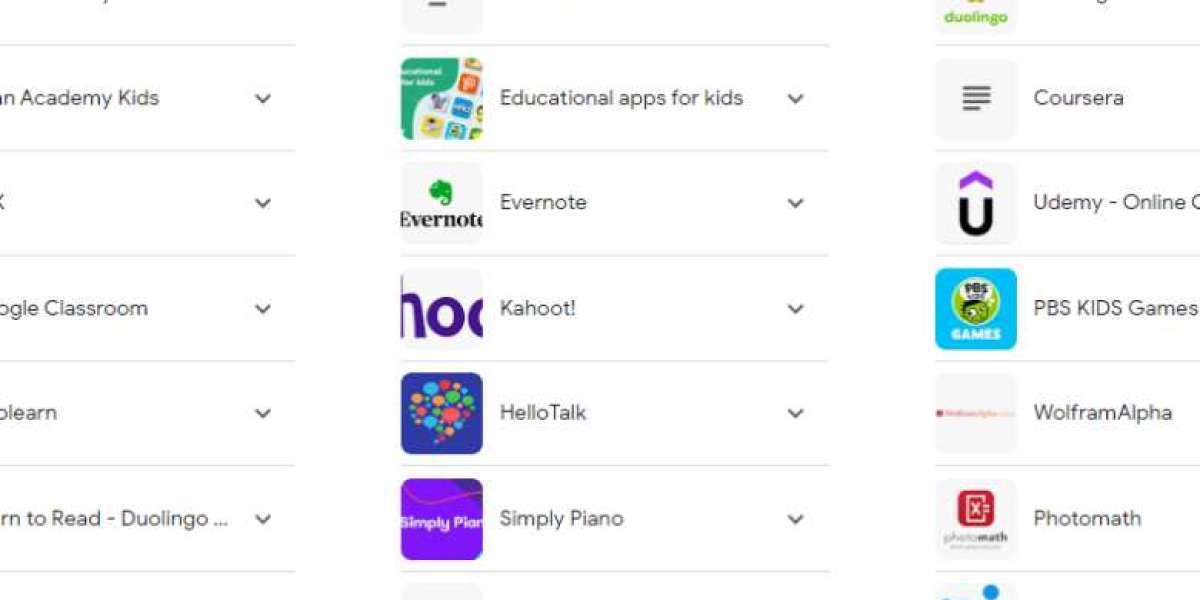In an era defined by digital innovation, educational apps have emerged as transformative tools that redefine how knowledge is acquired and shared. From language learning to STEM education, these apps have revolutionized traditional teaching methods, offering a dynamic and interactive learning experience. In this article, we explore the diverse landscape of educational apps, their benefits, challenges, and their profound impact on education.
Diverse Range of Educational Apps
Educational apps encompass a wide range of categories tailored to different learning objectives. Language learning apps such as Duolingo and Babbel provide immersive experiences that facilitate language acquisition through interactive lessons and quizzes. STEM-focused apps like Khan Academy and Photomath offer engaging tutorials and exercises to enhance math and science proficiency. Additionally, apps dedicated to arts, creativity, and productivity empower users to unleash their creativity and enhance organizational skills.
Benefits of Educational Apps
One of the primary benefits of educational apps is personalized learning. These apps adapt to individual learning styles and pace, providing customized content and feedback. Moreover, they offer accessibility, allowing learners to access educational resources anytime, anywhere, using smartphones or tablets. The gamification element in many apps adds an element of fun and motivation, making learning enjoyable and engaging.
Challenges and Considerations
While educational apps offer immense benefits, they also present challenges. Cost can be a barrier for some users, especially for premium features or subscriptions. Device compatibility and internet access are other factors to consider, as not all learners may have access to the latest devices or stable internet connections. Furthermore, managing screen time and minimizing distractions is essential to ensure focused learning experiences.
Impact on Education
Educational apps have significantly impacted traditional education systems. They complement classroom instruction, providing additional resources and reinforcement for concepts taught in schools. The integration of apps in classrooms fosters a blended learning approach, combining traditional teaching methods with digital tools for enhanced learning outcomes. Educators can track student progress, identify areas of improvement, and provide targeted interventions using data analytics from app usage.
Future Trends
Looking ahead, the future of educational apps is promising. Advancements in artificial intelligence (AI) will enable adaptive learning platforms that tailor content in real-time based on individual progress and learning patterns. Virtual reality (VR) and augmented reality (AR) apps will offer immersive simulations and interactive experiences, enhancing engagement and understanding in complex subjects.
Conclusion
Educational apps have ushered in a new era of learning, empowering learners of all ages to unlock their full potential. As technology continues to evolve, these apps will play a pivotal role in shaping the future of education, making learning more accessible, engaging, and effective than ever before.






